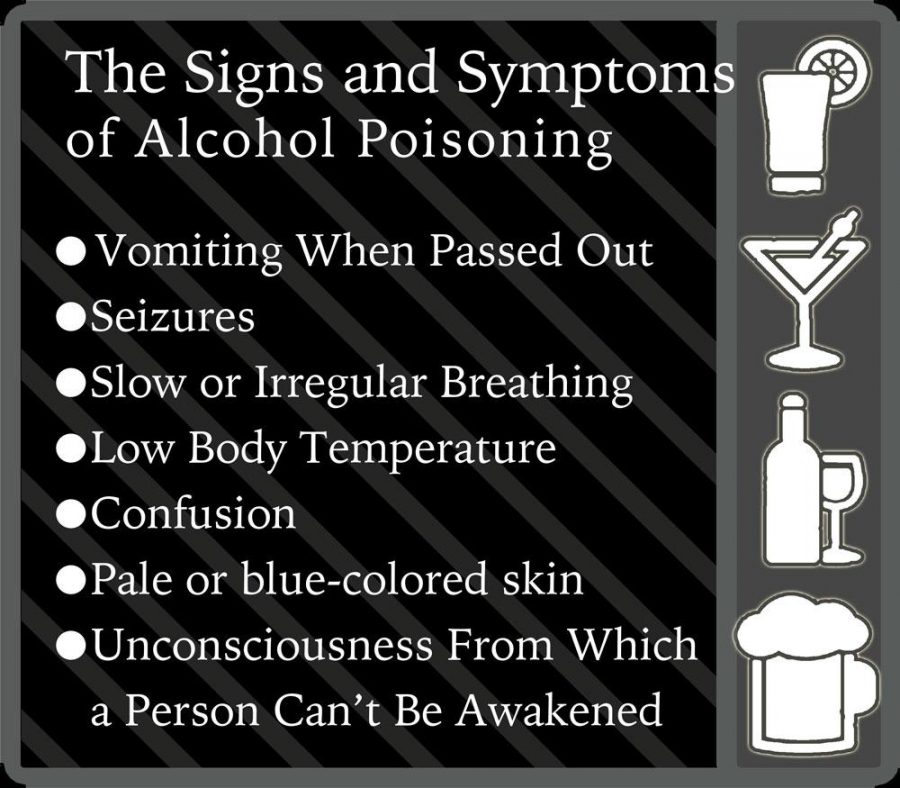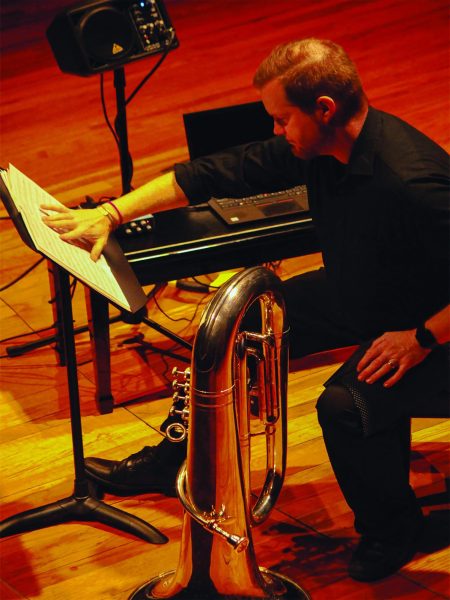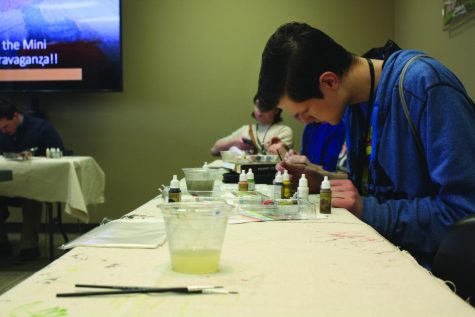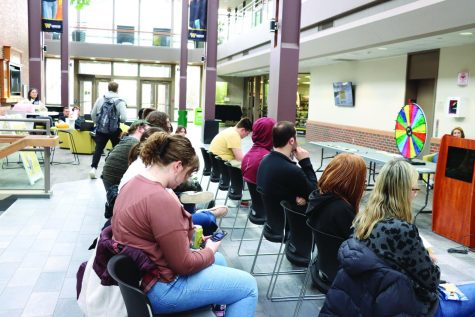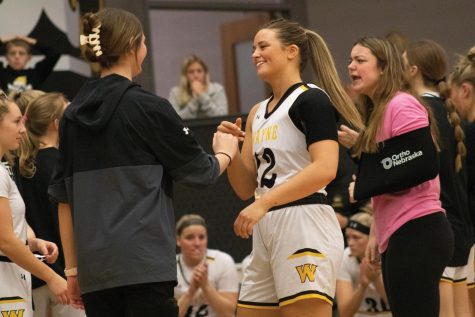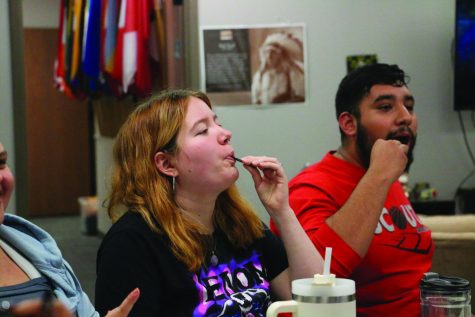Good Samaritan law provides minors protection
September 23, 2015
Throughout campuses and communities in Nebraska, a new law has taken effect that has the potential to save many lives.
The idea for the Good Samaritan law was introduced earlier in the year and has been put into place in the hopes that minors will feel encouraged to call for medical attention when they or another individual are suffering from alcohol poisoning.
Last year at the beginning of the semester, a student, who was also a minor, at the University of Nebraska-Lincoln passed away after a night of heavy drinking. The repercussions of his fraternity brothers taking him home to sleep it off instead of calling for medical help resulted in Nebraska state senator Adam Morfeld taking action and working with UNL students to form the basis for the Good Samaritan law.
According to past Wayne State College campus security officer and current Nebraska State Patrolman Paul Hagen, this law is a great step for Nebraska.
“Underage drinking is going to happen, so it’s best to have this law,” Hagen said. “The Good Samaritan involved may still have to go through some of the legal processes, and there may still be side investigations that take place that he will have to participate in, but in the end immunity should be gained.”
In short, if a minor seeks out help for himself or another individual who appears to have alcohol poisoning and fully cooperates with police and medical personnel, the minor will receive immunity from a minor in possession (MIP) charge only. Foul play, assault, disorderly house, procuring and other charges of the sort will not be eligible for immunity.
What is important to note in this law is that “piggy-backing” is not acceptable. The person that calls for medical attention should stay with the person in need of help until paramedics arrive. During this time, no other minors can stay near the scene in hopes of escaping legal trouble.
However, according to Hagen, there may be certain exceptions to that rule where there is a difference between piggy-backing and justifiably helping, but it would be on a case-by-case basis. There may be times, for example, when one minor is supporting or helping the person who is unconscious and vomiting while another calls for paramedics.
These special cases would ultimately be left to the discretion of the county attorney.
Just remember, if it looks like someone could use a hand when trying to assist with saving a person’s life and you feel confident in your ability, do what you can and deal with the consequences (if any) later. As long as full cooperation with police and medical assistance takes place, there should not be any problems.
Even before this law was put into place, it was important to be able to identify signs and symptoms of alcohol poisoning. In case anyone needs help with recognizing these signs, head of campus security Jason Mrsny offered up a few that include: vomiting, seizures, slow or irregular breathing, low body temperature, confusion, pale or blue-colored skin and unconsciousness from which a person cannot be awakened.
Something Mrsny said is very important to watch for is someone who is vomiting while unconscious. Situations like this may cause stomach queasiness, but simply turning them on their side can save them from drowning in vomit.
Hagen and Mrsny agree that it’s a harsh reality, but these signs need to be identifiable and handled in a serious and timely manner.
“Alcohol is a part of the culture of campus life across the entire United States,” said Mrsny. “Wayne’s reports are down for alcohol, and I think that’s because kids are becoming more aware.
“This law will loosen up the atmosphere and kids will understand that they can save a life.”
It’s important to note that if students do find themselves in a situation where special attention is needed for someone near them, they should never leave an unconscious person alone, and great care should be given to any person who is vomiting.
But most importantly, never be afraid to get help.
“It’s better to call than risk that person being seriously injured or dying,” Hagen said.
Now that this law is passed, the question is raised about an obligation to act when presented with a situation in which an individual needs medical assistance for alcohol poisoning.
Hagen said that minors will need to ask themselves what’s reasonable. If an individual feels that he truly cannot handle the situation at hand, he should find someone else to follow through with the steps to ensure the safety of the person in need.
It is also important to note that minors can seek emergency help for themselves through this law as soon as possible if they believe they are showing signs of alcohol poisoning.
When it comes down to it, a person’s life should always take precedence over the risk of an MIP. But now, minors can at least do the right thing and not end up being legally punished for it.
Both Mrsny and Hagen agree that Nebraska is moving in the right direction with this law, and especially now that this law is in place, it is important that everyone take action to save lives.







